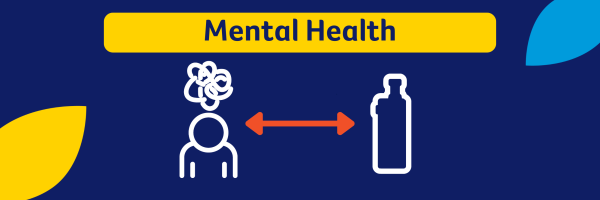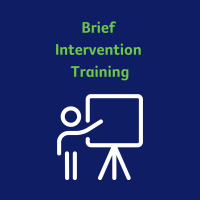Our goal
Community service organisations (CSOs) provide a safe therapeutic space for people to address issues related to social, emotional, physical, and mental wellbeing.
Smoking, vaping, and nicotine dependence can have a detrimental effect on these dimensions of health, and so we aim to empower ACT-based CSOs to deliver safe and effective quit vaping and smoking support to clients.
We deliver free brief intervention training and education sessions to help your staff have confident conversations with clients on making an attempt to quit nicotine for good. These conversations focus on the resilience of people who access community services, and their ability to overcome other challenges which impact on their wellbeing.

What is the "Quitting Together" program?
Quitting Together encompasses 3 main pillars, all of which are delivered free to your service and your clients;
- Organisational support to embed quit smoking and vaping support as routine care
- Education sessions to promote quit attempts among clients and staff
- Brief intervention training to empower staff to deliver safe and effective quit support that complements their existing therapeutic goals.
Why community services?
Community service staff enjoy strong therapeutic relationships with the Canberrans impacted by nicotine the most and are best placed to provide personalised and effective support when it is most appropriate.
Get in touch with our team to discuss benefits of our free education and brief intervention training sessions for your clients and service.

People experiencing moderate to high levels of psychological distress are at least 3 times more likely to be currently using e-cigarettes. Nicotine dependence is just one of the ways that e-cigarettes and tobacco worsen mental health.

People with a history of dependence on alcohol or other drugs are more likely to be using e-cigarettes or to be dependent on nicotine. Making a quit attempt from smoking or vaping increases the likelihood of quitting another drug of addiction.

Young people experience more physical and mental harm from e-cigarettes and nicotine for a variety of reasons. For young people, quitting may also be harder and so supporting this group is a high priority. Our team provide training and education tailored to youth services.

Priority groups such as Aboriginal and Torres Strait Islander peoples, pregnant women and families, people in contact with the justice system, and people who identify as LGBTIQ+ generally experience more harm from vaping and smoking. If you work with these groups, our team can help you support your clients to quit.





